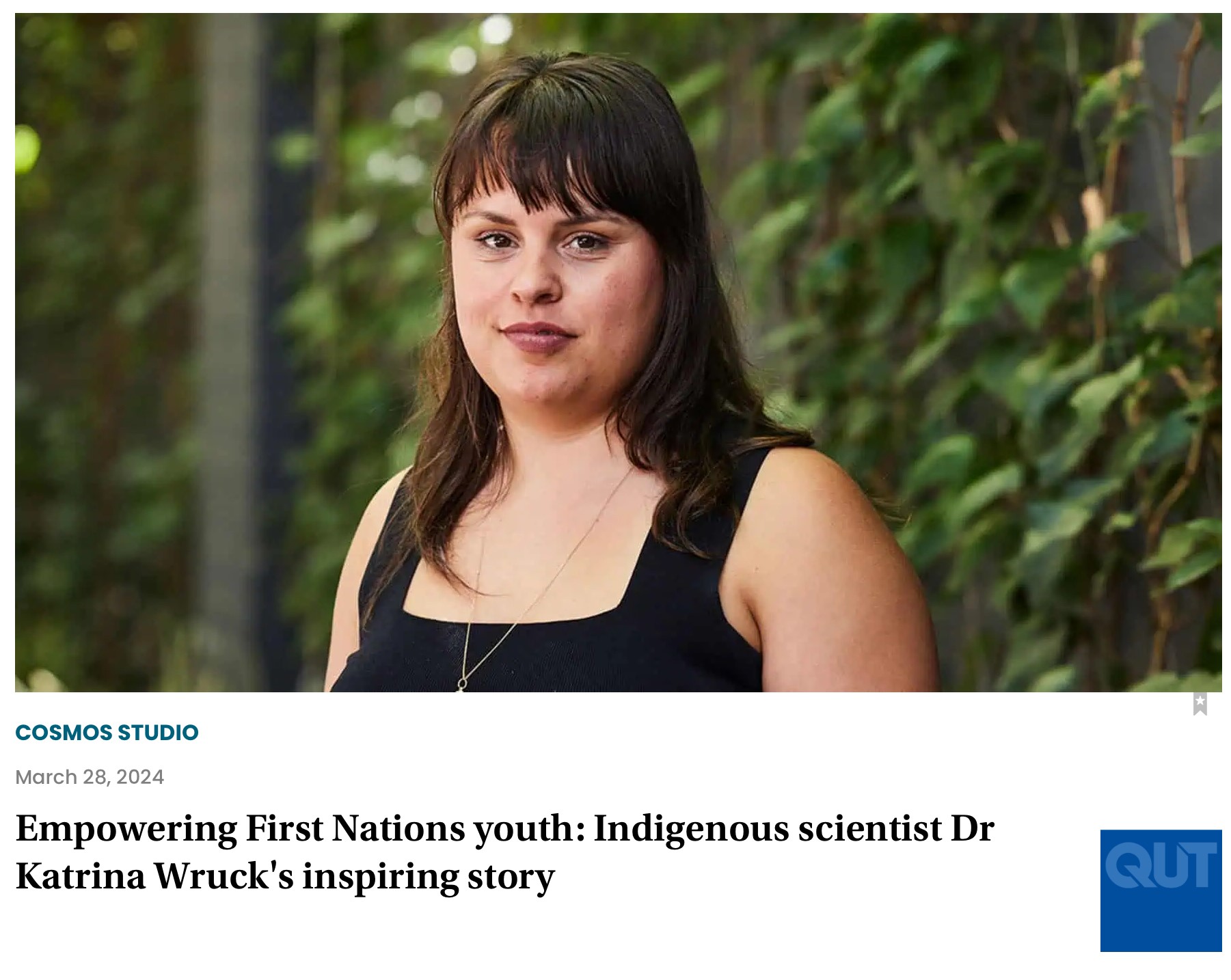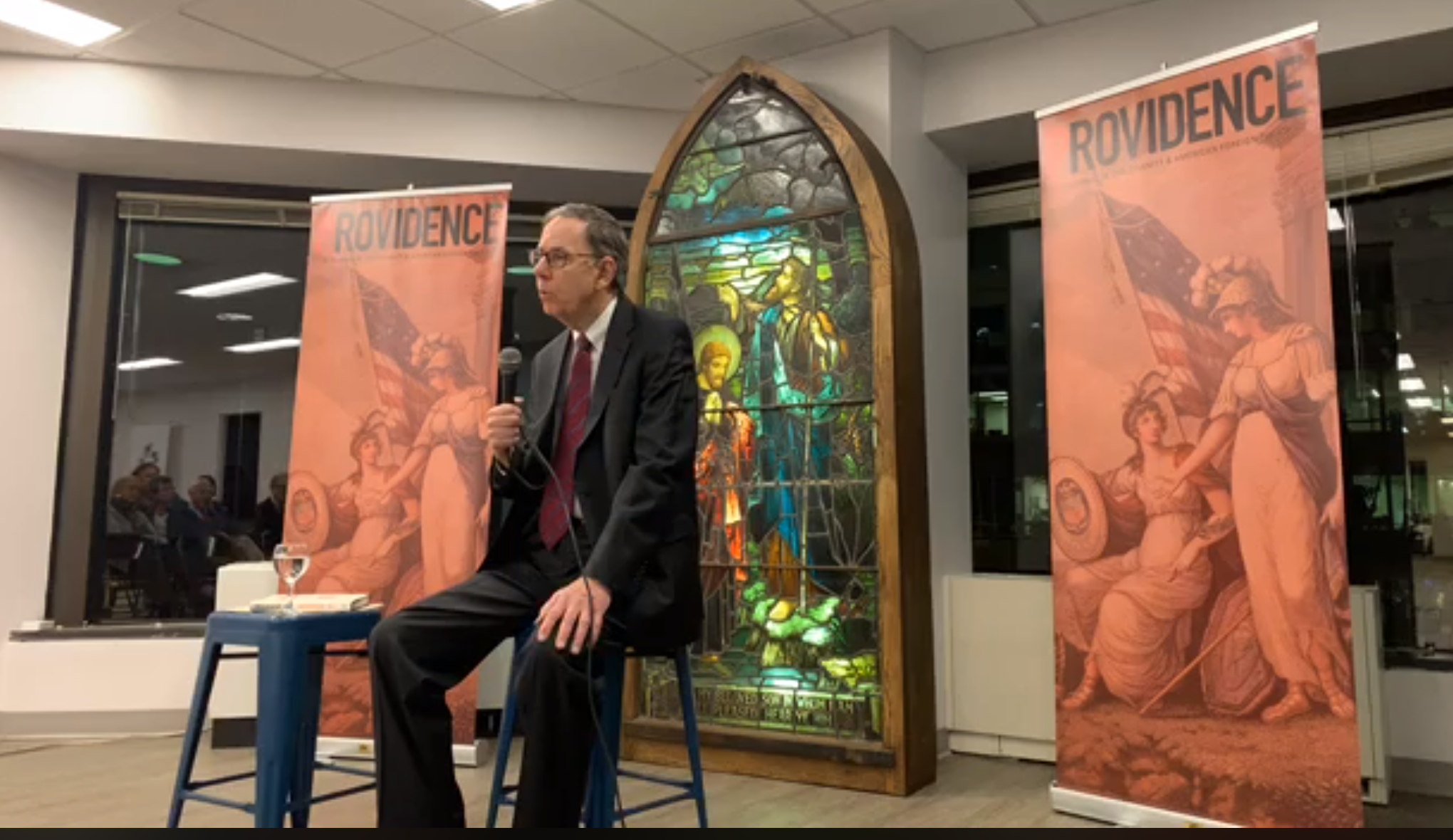Why senator Patrick Dodson has quit: Top Voice advocate and 'father of - Source www.msn.com
After conducting thorough research and analysis, we have compiled this comprehensive guide to provide our readers with a deeper understanding of Warren Mundine's remarkable life and legacy.
| Key Differences | Warren Mundine: Trailblazing Indigenous Leader And Advocate For Reconciliation |
|---|---|
| Early Life and Career | Born in 1953 in Walgett, New South Wales; worked as a farmhand, shearer, and trade union official before entering politics |
| Political Career | Elected to the House of Representatives in 1996; served as Parliamentary Secretary to the Minister for Indigenous Affairs from 1998 to 2001; appointed Chairman of the Indigenous Land Corporation in 2009 |
| Advocacy for Reconciliation | Dedicated to fostering understanding and reconciliation between Indigenous and non-Indigenous Australians; established the Australian Indigenous Leadership Centre in 2005; appointed National Indigenous Representative to the United Nations Permanent Forum on Indigenous Issues in 2013 |
| Current Role | Chairman of the Prime Minister's Indigenous Advisory Council; continues to advocate forIndigenous rights and reconciliation |
FAQs
This section addresses common questions and misconceptions concerning the life and advocacy of Warren Mundine, a renowned Indigenous leader and advocate for reconciliation in Australia.
Question 1: Who is Warren Mundine?
Warren Mundine is a trailblazing Indigenous Australian who has made significant contributions to reconciliation and Indigenous affairs. As a former ALP politician, he served as the National President of the Australian Labor Party (ALP) from 2006 to 2007 and was the first Indigenous person to hold this position.

UM Today | Faculty of Law | Achieving reconciliation: Kawaskimhon Moot - Source news.umanitoba.ca
Question 2: What is Warren Mundine's stance on reconciliation?
Warren Mundine is a strong advocate for reconciliation between Indigenous and non-Indigenous Australians. He believes that reconciliation is essential for creating a more just and equitable society and has worked tirelessly to promote understanding and respect between the two communities.
Question 3: What are some of Warren Mundine's key achievements?
Warren Mundine has achieved significant milestones throughout his career. In addition to his political accomplishments, he has also held various leadership roles within Indigenous organizations, including serving as the Chairman of the Indigenous Land Corporation from 2011 to 2019. He is widely recognized for his contributions to Indigenous economic development and empowerment.
Question 4: What challenges has Warren Mundine faced?
Warren Mundine's journey has not been without its challenges. As an Indigenous leader, he has faced criticism and resistance from both within and outside the Indigenous community. Undeterred, he has remained steadfast in his commitment to reconciliation and continues to advocate for the rights and recognition of Indigenous Australians.
Question 5: What lessons can we learn from Warren Mundine?
Warren Mundine's life and work offer valuable lessons for all Australians. His unwavering dedication to reconciliation demonstrates the importance of dialogue, understanding, and mutual respect. His advocacy for Indigenous rights and empowerment serves as a reminder of the ongoing need for justice and equality.
Question 6: How can we support Warren Mundine's work?
There are many ways to support Warren Mundine's work and the cause of reconciliation. Engaging in respectful dialogue, educating oneself about Indigenous issues, and supporting organizations that promote Indigenous rights and empowerment are all positive steps we can take to create a more reconciled and inclusive Australia.
Warren Mundine's legacy as a trailblazing Indigenous leader and advocate for reconciliation will continue to inspire and guide future generations. His unwavering commitment to justice and equality serves as a reminder of the importance of working together to build a better future for all Australians.
Continue to the next article section for further insights and perspectives on Warren Mundine and his contributions to Australian society.
Tips by Warren Mundine: Trailblazing Indigenous Leader And Advocate For Reconciliation
Warren Mundine is a prominent Indigenous leader and advocate for reconciliation in Australia. He has held various leadership positions and played a significant role in shaping Indigenous policy and promoting cultural understanding. Here are some valuable tips from Warren Mundine for fostering reconciliation and promoting Indigenous empowerment:

Indigenous house stock image. Image of house, natural - 114023637 - Source www.dreamstime.com
Tip 1: Engage in Meaningful Dialogue: Initiate open and respectful conversations about Indigenous history, culture, and experiences. Encourage active listening, empathy, and a willingness to learn from diverse perspectives.
Tip 2: Acknowledge and Address Historical Injustices: Recognize the ongoing impacts of colonization and dispossession on Indigenous communities. Support efforts to address these injustices through truth-telling, apologies, and reparations.
Tip 3: Empower Indigenous Self-Determination: Support Indigenous communities in exercising control over their own affairs, including governance, land management, and economic development. Foster partnerships based on mutual respect and recognition of Indigenous sovereignty.
Tip 4: Celebrate Indigenous Culture and Identity: Value and promote Indigenous languages, art, music, and traditions. Encourage non-Indigenous Australians to engage with and appreciate the richness of Indigenous cultures.
Tip 5: Foster Inclusivity and Representation: Create inclusive environments in workplaces, schools, and public institutions. Ensure that Indigenous voices are heard and represented in decision-making processes.
Tip 6: Promote Education and Awareness: Support programs that educate non-Indigenous Australians about Indigenous history, culture, and contemporary issues. Challenge stereotypes and foster a deeper understanding of the challenges and aspirations of Indigenous communities.
By implementing these tips, we can contribute to a more just and reconciled society that values and respects the unique contributions of Indigenous Australians.
Warren Mundine: Trailblazing Indigenous Leader And Advocate For Reconciliation
Warren Mundine, an esteemed Indigenous leader and advocate, has dedicated himself to fostering reconciliation and driving positive change for Indigenous Australians. His unwavering commitment and remarkable achievements in various capacities have left an enduring legacy in the pursuit of equality and justice.

Trailblazing Indigenous scientist — Article | K. M. Wade - Source kmwade.com
- Indigenous Advocate: Tirelessly advocating for Indigenous rights and recognition.
- Trailblazing Leader: Leading the path for Indigenous empowerment and self-determination.
- Reconciliation Champion: Bridging the gap between Indigenous and non-Indigenous communities.
- Cultural Ambassador: Representing and showcasing Indigenous culture and traditions.
- Political Pioneer: Breaking barriers as the first Indigenous Australian to hold high-profile political positions.
- Social Justice Advocate: Fighting against discrimination and promoting equality for all.
Mundine's advocacy has extended beyond words, translating into tangible actions. As the National President of the Australian Indigenous Chamber of Commerce, he has championed economic empowerment for Indigenous businesses. His role as the inaugural Indigenous leader of the Liberal Party demonstrates his commitment to political representation and mainstream engagement. Through his tireless efforts, Mundine has played a pivotal role in advancing reconciliation, fostering dialogue, and inspiring a new generation of Indigenous leaders.

VIDEO: Former Klansman Turned Racial Reconciliation Advocate Redeemed - Source juicyecumenism.com
Warren Mundine: Trailblazing Indigenous Leader And Advocate For Reconciliation
Warren Mundine is a highly respected Indigenous leader and advocate for reconciliation in Australia. He is a member of the Bundjalung people and has served as the national president of the Australian Labor Party (ALP) and the chair of the National Indigenous Council. Mundine is a strong advocate for Indigenous rights and has been a vocal critic of the government's policies on Indigenous affairs. He has also been a strong supporter of reconciliation between Indigenous and non-Indigenous Australians.

Trailblazing Secwépemc leader George Manuel memorialized on Canada Post - Source indiginews.com
Mundine's work on reconciliation has been recognized both nationally and internationally. In 2008, he was awarded the Order of Australia for his services to the Indigenous community. He has also been a recipient of the Human Rights Medal and the Gandhi Peace Prize.
Mundine's advocacy for reconciliation has had a significant impact on Australian society. He has helped to raise awareness of the challenges facing Indigenous Australians and has been a catalyst for change. Mundine's work has helped to build bridges between Indigenous and non-Indigenous Australians and has contributed to a more just and equitable society.
Key Insights
| Criteria | Description |
|---|---|
| Cause and Effect | Mundine's advocacy for reconciliation has helped to raise awareness of the challenges facing Indigenous Australians and has been a catalyst for change. |
| Importance | Mundine's work on reconciliation has helped to build bridges between Indigenous and non-Indigenous Australians and has contributed to a more just and equitable society. |
| Examples | Mundine's advocacy for reconciliation has led to a number of changes in government policy, including the establishment of the National Indigenous Council and the creation of the Indigenous Land Corporation. |
| Practical Significance | Mundine's work on reconciliation has had a real and lasting impact on the lives of Indigenous Australians. |
